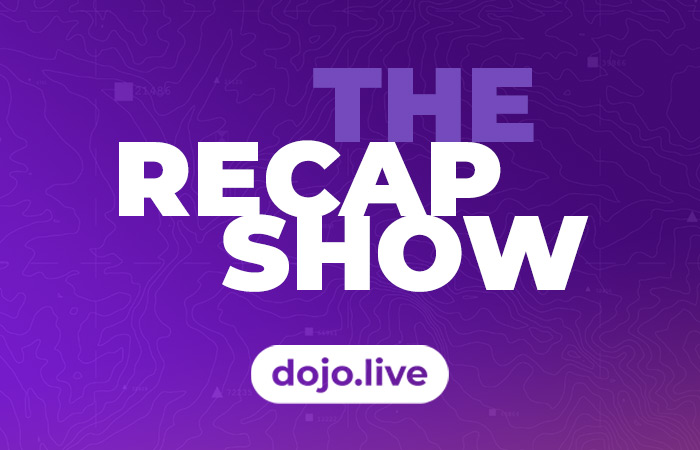
On today’s dojo.live recap show we are highlighting the key points from last week interviews. We had 3 show: People Matters: LGBT in Tech with Artemis García, Thannia Blanchet & Jorge Symonds Fullstack Developer, Front-End Developer & Content Specialist @ Encora Application Security Needs Automation with Nikhil Gupta CEO and Founder at ArmorCode The Breakup Read More…
